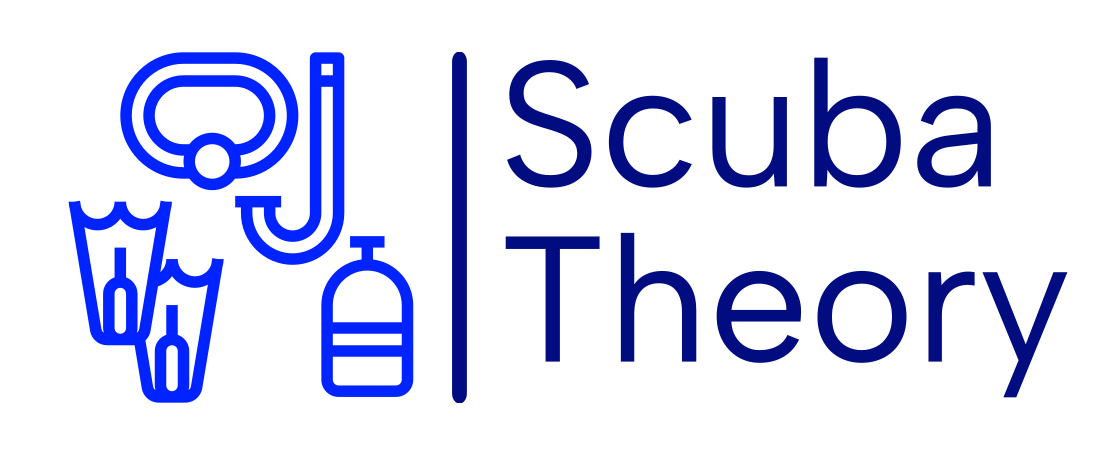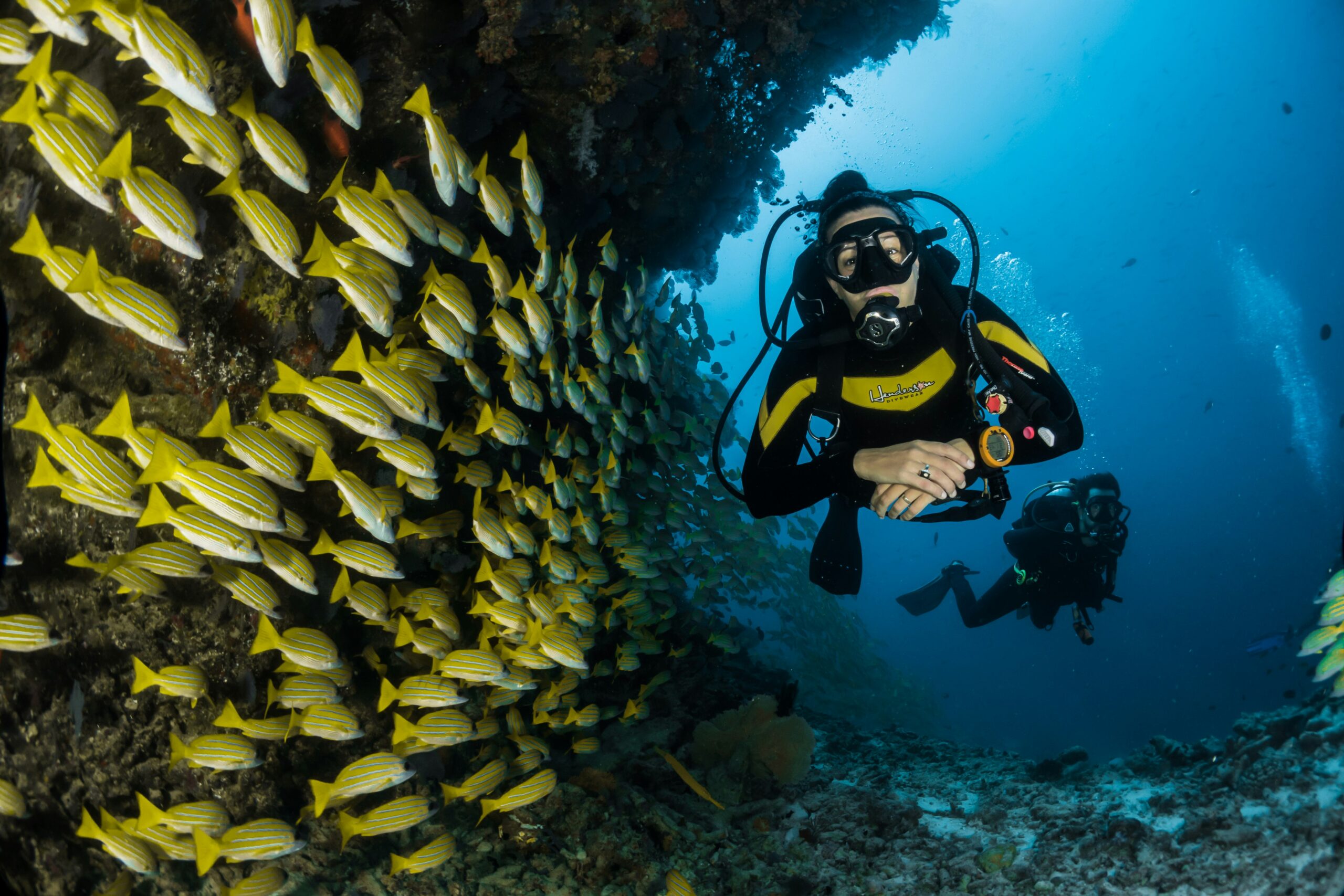What to Expect on Your PADI Instructor Exam: A Comprehensive Guide
Becoming a PADI Instructor is a significant milestone in your scuba diving career, transforming your passion into a profession. The PADI Instructor Exam (IE) is a rigorous assessment designed to ensure that candidates are fully prepared to teach and uphold the highest standards of diving education. The PADI Instructor Exam schedule typically spans two days, each packed with various evaluations to test your knowledge, skills, and teaching abilities. Here’s an in-depth look at what to expect during your PADI Instructor Exam.
PADI Instructor Exam (IE) Overview
There are 4 sections in which you are evaluated on during the PADI Instructor Exams;
- Dive theory knowledge and standards exams.
- Teaching presentation, classroom.
- Pool skills presentation
- Open water skills presentation
Day One: Briefings, Theory, and Pool Skills
1. Morning Briefing:
The first day kicks off with a detailed briefing. Here, the examiners will outline the schedule, explain the evaluation criteria, and address any questions you might have. This session is crucial as it sets the tone for the entire exam and helps you understand what is expected.
2. Theory Exams:
The theory portion consists of an open-book exam on PADI standards, plus five multiple-choice exams, covering the following areas:

-
- Equipment: Understanding the functionality, maintenance, and troubleshooting of diving gear.
-
- RDP/eRDPml: Mastery of the Recreational Dive Planner, including dive table calculations and electronic versions.
-
- Skills & Environment: Knowledge of diving skills, training techniques, and environmental considerations.
-
- Physics: Principles of physics as they apply to diving, such as buoyancy, pressure, and gas laws.
-
- Physiology: How diving affects the human body, including decompression sickness, nitrogen narcosis, and barotrauma.
In addition to these five sections, you will also take an open book Standards Exam, which tests your familiarity with PADI standards and procedures.
3. Classroom Presentation:
After the theory exams, you will be assigned a classroom topic to discuss and teach. This involves preparing a lesson plan, presenting the topic clearly, and engaging with your “students” (fellow candidates and examiners) effectively. Your ability to communicate complex concepts in an understandable way will be evaluated. Along with your knowledge of the PADI programs and ability to upsell additional courses and dive products.

4. Pool Practical Exam:
In the afternoon, the focus shifts to the pool. Here, you will:
Teach a Skill: You’ll be assigned one skill to teach. This includes briefing the skill, demonstrating it, identifying and correcting any mistakes made by your students, and debriefing them afterwards.
5 Skill Circuit: You’ll perform a demonstration-only circuit of five skills. This requires you to showcase your proficiency in demonstrating each skill precisely and clearly, as you would to students.
Day Two: Open Water Skills and Rescue Scenario
1. Open Water Teaching:
Day two is dedicated to open water evaluations. You will be tasked with teaching two skills in an open-water environment. This process involves:
Briefing the Skills: Clearly explain what you will be teaching and what the students should expect.
Student Skills: Supervise your students as they perform the skills, correcting any mistakes, and ensuring they understand and can execute the skills safely.
Debriefing: Providing feedback to the students, reinforcing what was done well, and addressing areas for improvement.
2. Rescue Scenario:
The final component is the rescue scenario evaluation, focusing on your ability to handle emergency situations effectively. The specific scenario you will be evaluated on is managing an unresponsive diver on the surface. This assessment will test your:
Response Time: How quickly and efficiently you can respond to the emergency.
Technique: Your proficiency in rescue techniques, including securing the diver’s airway, providing rescue breaths, and safely transporting them to shore or the boat.
Calmness Under Pressure: Your ability to stay calm and methodical under stress, ensuring the safety and well-being of both you and the diver in distress.
Tips for Success
Preparation is Key: Review all PADI materials thoroughly. Understand the theory behind each section and practice your teaching and demonstration skills regularly.
Stay Calm and Confident: Confidence in your abilities and knowledge is crucial. Remember that the examiners are there to assess your readiness to teach, not to catch you out.
Attention to Detail: Pay close attention to the details in your briefings, demonstrations, and debriefings. Thoroughness and precision are highly valued.
Practice Teaching: The more you practice teaching skills and conducting briefings, the more comfortable you will become with the process.
Stay Updated: Ensure you are familiar with the latest PADI standards and procedures, as these can change.
The PADI Instructor Exam is challenging, but with thorough preparation and a calm, confident approach, you can successfully navigate each component. Passing the IE marks the beginning of an exciting journey as a professional scuba diving instructor, opening the door to countless opportunities to share your passion for diving with others.
Good luck!

